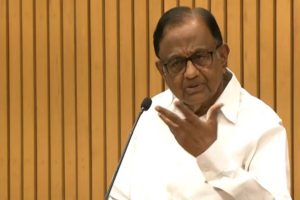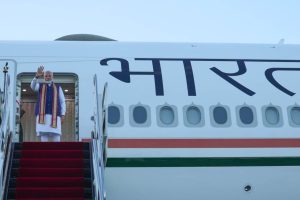In a significant development, the Financial Action Task Force (FATF) has, for the first time, formally introduced the concept of state-sponsored terrorism in its latest report, reinforcing India’s longstanding position on cross-border terror financing—particularly from Pakistan.
The July 2025 FATF report underscores the global risks posed by state-backed terror financing, calling it a persistent threat to international peace, regional stability, and the integrity of financial and political systems.
State-sponsored terrorism refers to instances where governments directly finance or support terrorist activities as part of their official policy.
India had previously highlighted Pakistan’s role in enabling terrorist financing in its own 2022 ML/TF risk assessment, specifically pointing to support for terrorist groups such as Lashkar-e-Taiba (LeT) and Jaish-e-Mohammed (JeM).
The FATF report lends international legitimacy to India’s concerns, directly referencing terrorist funding operations linked to these Pakistan-based groups. A major example cited was the Pulwama terror attack of February 2019, which killed 40 Indian paramilitary personnel.
The report noted: “India’s authorities concluded that the attack was orchestrated by Jaish-i-Mohammed. Investigations revealed the cross-border movement of large quantities of explosives, including aluminum powder procured via e-commerce platform Amazon, which was used to amplify the blast.”
The FATF also highlighted evolving patterns of terrorist financing, including increased decentralisation within global terror networks. It observed that groups like Al-Qaeda are shifting toward a more fragmented structure, relying on regional branches such as AQIM, AQAP, JNIM, AQIS, and Al Shabaab for local fundraising and operations, rather than centralised control.
This 2025 report marks the first comprehensive update on terrorist financing since 2015 and paints a grim picture of how terror networks continue to exploit global financial systems.
In its executive summary, the FATF warned: “Terrorists continue to demonstrate a persistent ability to exploit the international financial system. This ongoing abuse poses a serious threat to global security and undermines international peace.”
The FATF is an independent inter-governmental body that sets global standards for anti-money laundering (AML) and counter-terrorist financing (CFT), with its recommendations widely accepted across jurisdictions.
India has welcomed the report as a validation of its position and a step toward increased international scrutiny of state-sponsored terrorism.





